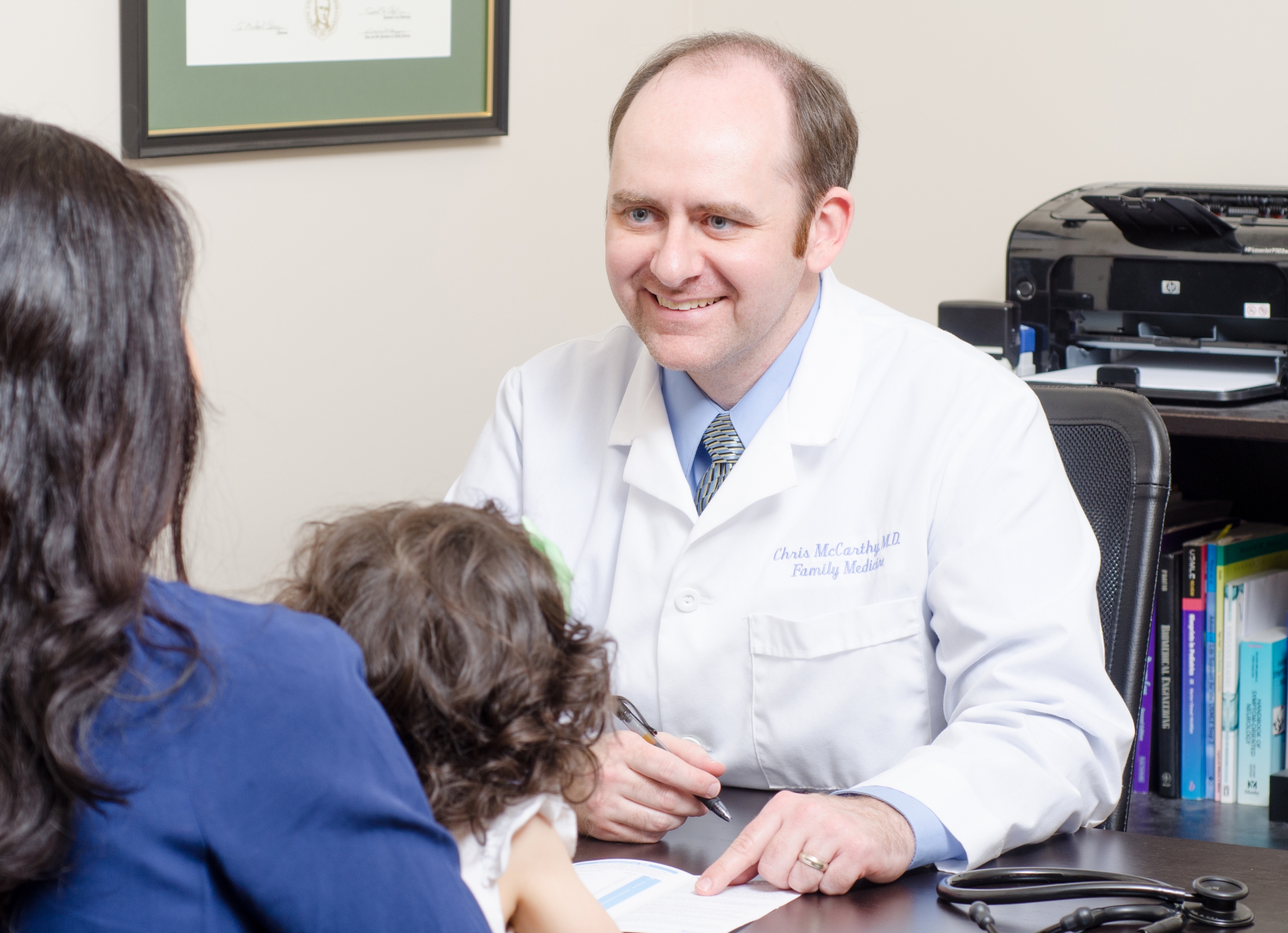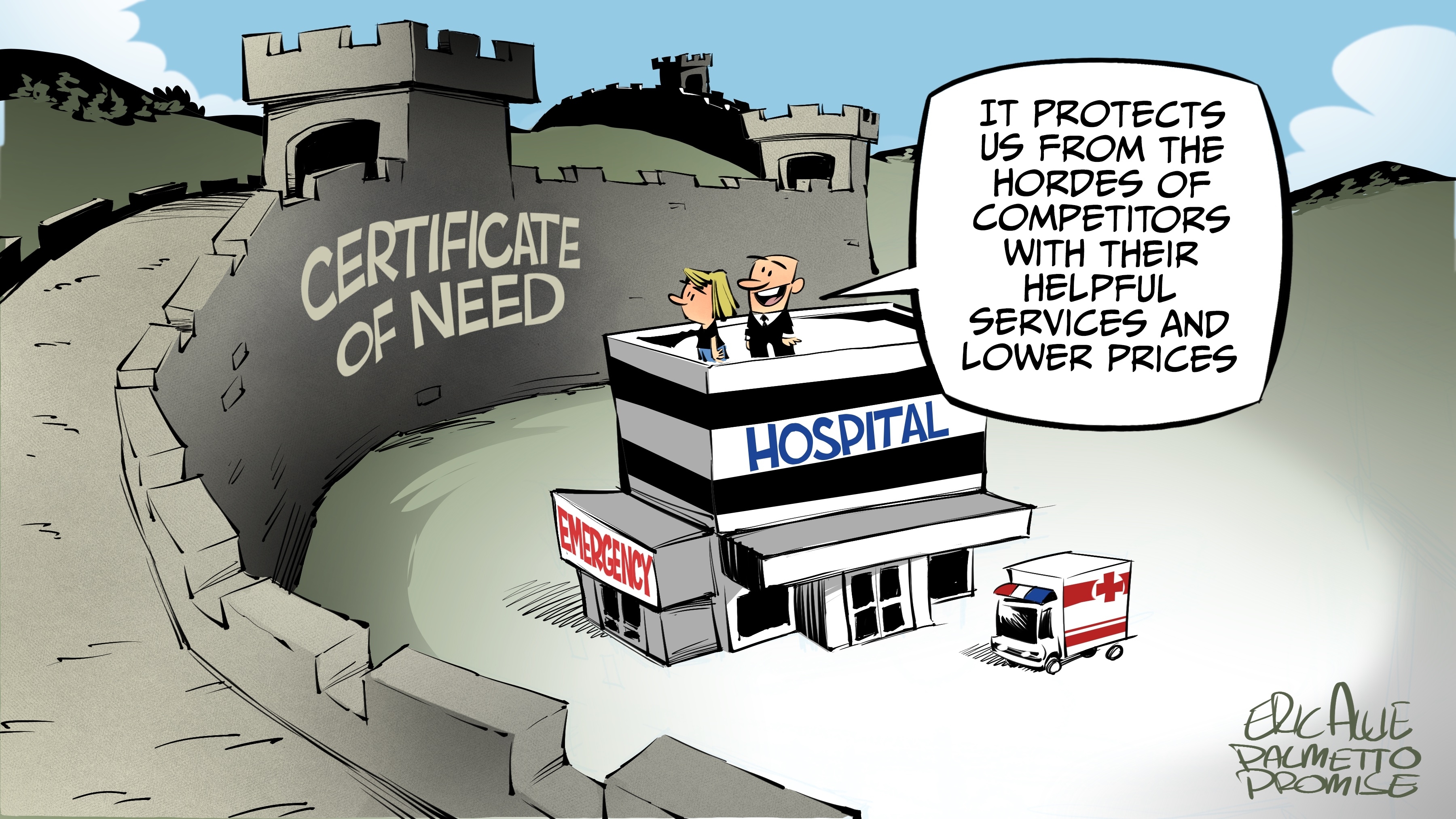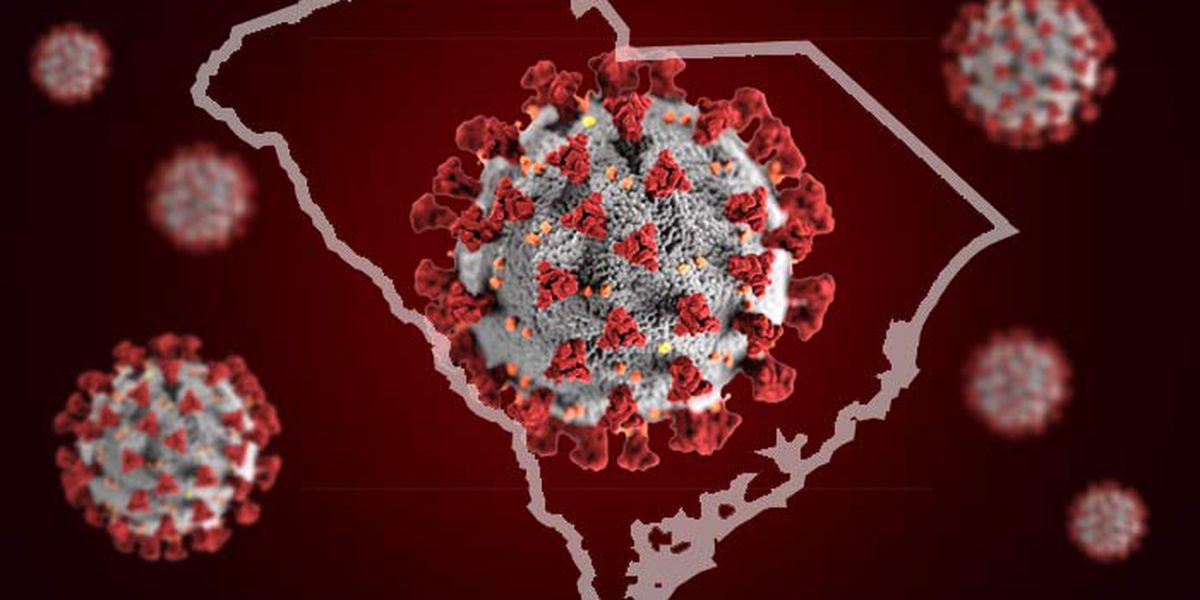REPORT: Expanding Access, Protecting Patients – A Roadmap for Scope of Practice Reform in South Carolina

South Carolina legislators are, in the 2025-26 session, amidst a serious debate about expanding healthcare access and scope of practice in our state. At the most fundamental level, scope of practice (SOP) in healthcare policy is defined as “the activities and duties [tasks] that a licensed or certified healthcare professional is permitted to perform, based









